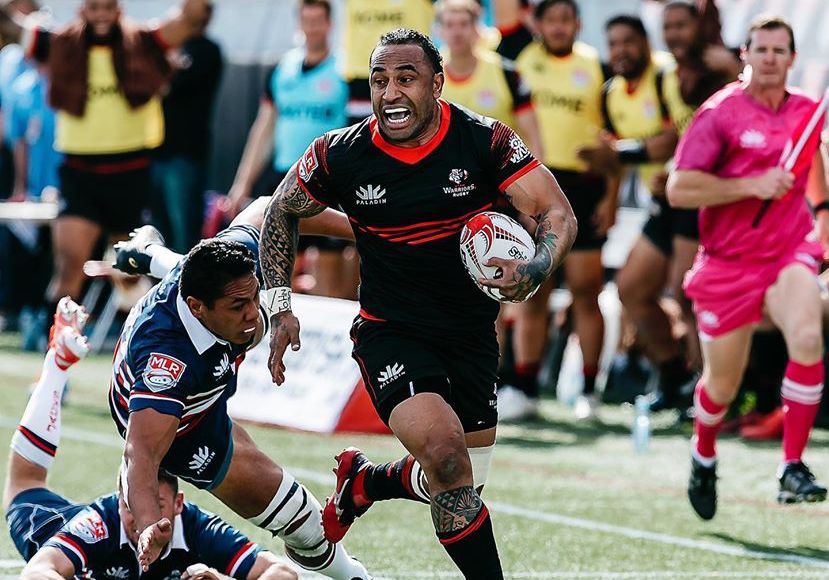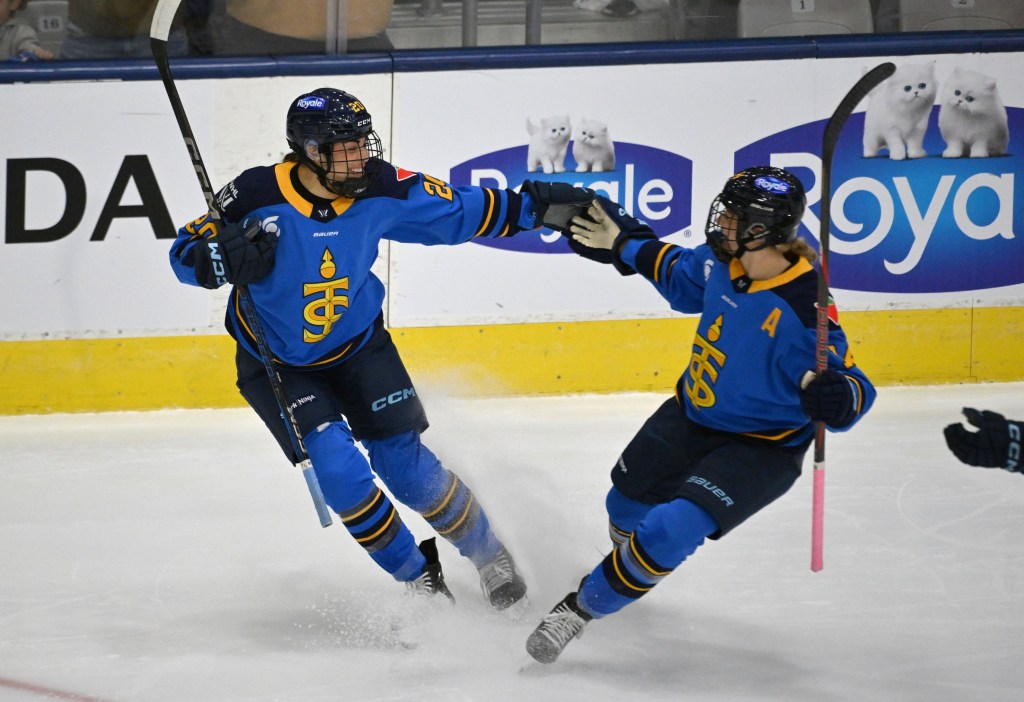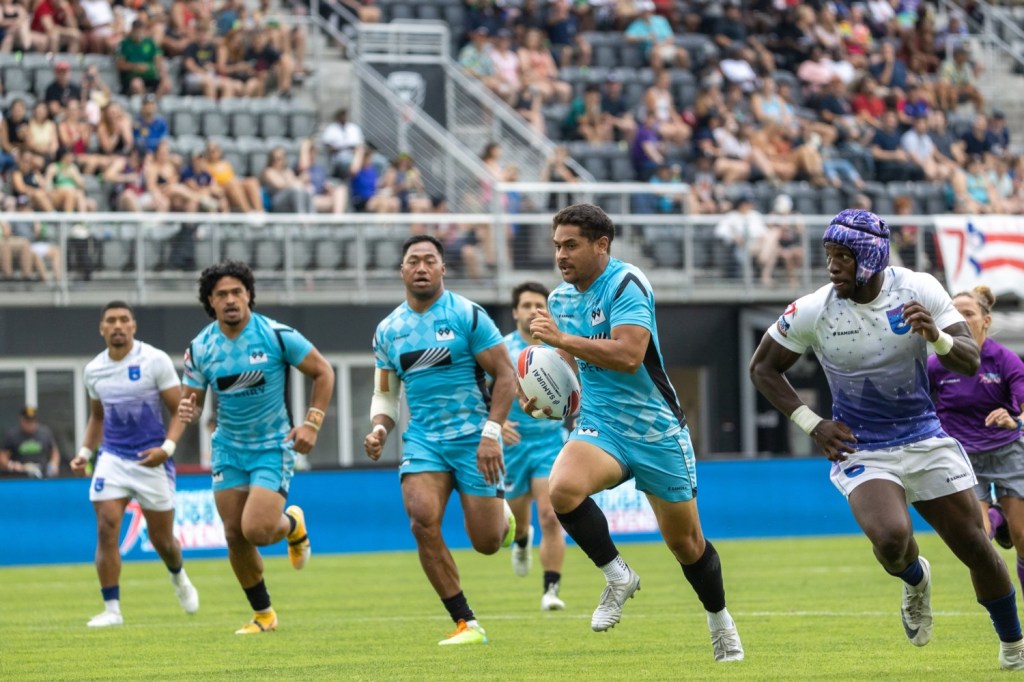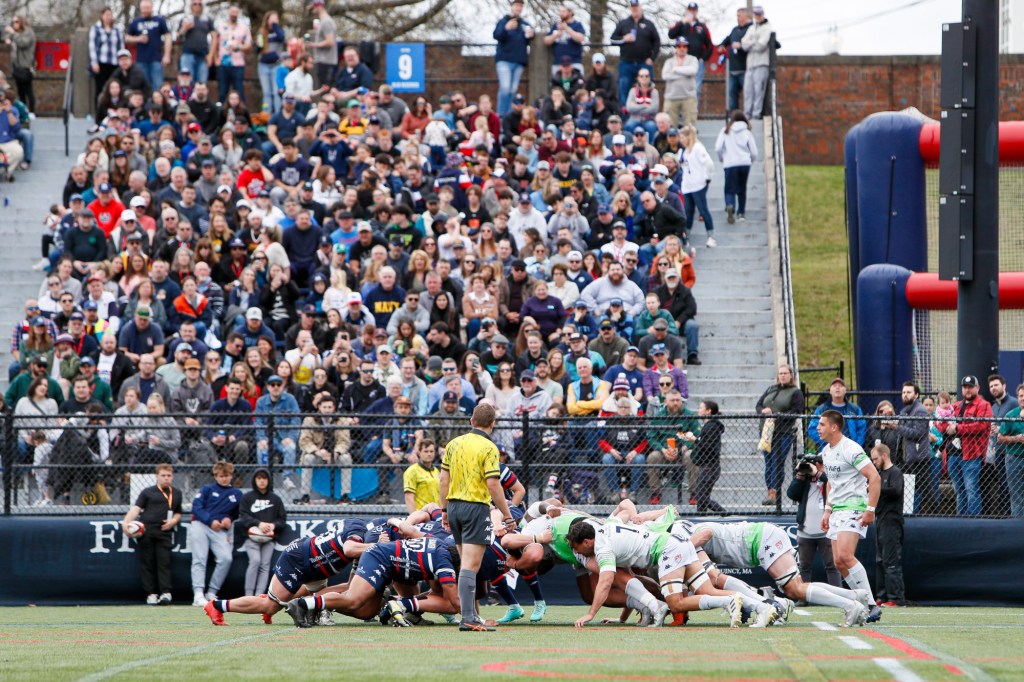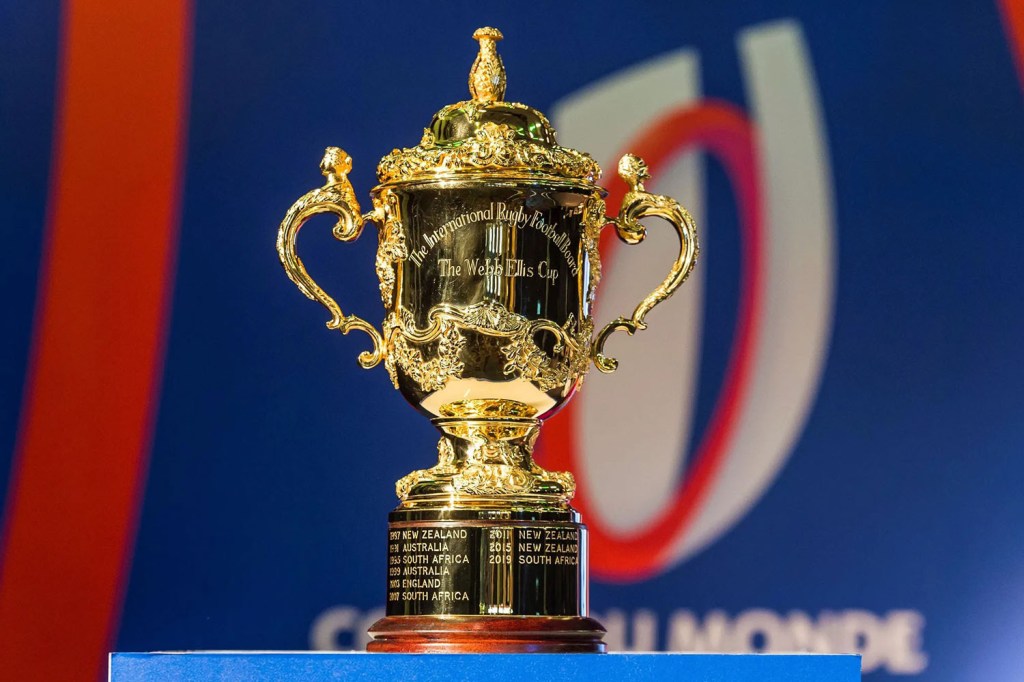While Major League Rugby has continued its growth in teams and attendance since launching in 2018, it’s not without its struggles.
At the core of that is the sport’s lack of relevance to mainstream U.S. fans, on top of the fact that professional rugby is still a new concept, even at an international level.
“Rugby only went professional in the 1995 World Cup, taking a decade just to figure out how to make it a professional sport anywhere in the world and it’s more popular internationally than in the U.S.,” New England Free Jacks Owner Errik Anderson said. “The U.S. and Canada were just about a decade behind that.”
Now in its third season, Major League Rugby won’t likely soon compare to other major U.S. sports leagues, but the teams and league are hopeful that a slow-growth plan will help make the league and sport sustainable in North America.
Attendance is rising in Major League Rugby, with an average of 2,133 fans per match in the 2019 season. While the per-game average jumped by just 300 spectators from the inaugural season, the total attendance figure of more than 159,000 was a 125% increase, largely thanks to two additional teams and an extended season.
Signs point to a more significant rise this season thanks in part to strong early efforts by three expansion teams: the Free Jacks, Old Glory DC, and Rugby ATL.
With more than 1,000 season ticket members, New England has the second-most across the league, behind two-time champions Seattle Seawolves – which have sold out a 4,500-seat stadium every home game. Meanwhile, Rugby ATL drew 2,000 fans to its first-ever exhibition game in January, before nearly selling out its first home match this month. Old Glory also sold out in its first home game at the 3,500-seat Cardinal Stadium.
The expansion teams are part of an attempt to grow methodically in a nation consumed by sports, following a plan similar to Major League Soccer, MLR’s former commissioner Dean Howes told FOS in 2019. Howes was replaced by former Dallas Mavericks executive George Killebrew in December 2019, brought on to help solidify the local markets and increase sponsorship revenue.
Next season, teams in Dallas and Los Angeles will join the league, contributing expansion fees of approximately $4 million. The league is expected to continue expansion in the coming years in cities with sizable rugby communities, such as Chicago and San Francisco.
The plan to follow MLS has helped in some of the local markets, including Atlanta, Olivia White, Rugby ATL director of marketing and sponsorships, said.
“We’re pretty lucky in building our fanbase because we have a very successful soccer team, Atlanta United, that paved the way for us as a non-traditional U.S. sport being successful,” White said. “We’re following in their footsteps, and people are a lot more open to knowing about a new team and sport in town than perhaps some other cities.”
There’s also a crossover with United’s supporters’ group.
A key for the Atlanta club has been to capitalize on the local rugby community and bring the players to the games, featuring an area in the stadium called the Club Corner Zone. The team offers several discount packages, but the first tickets to sell out were the team’s premium options.
But the makeup of attendance has surprised the team and presented its own challenges. Approximately 50% of fans could be described as hardcore “ruggers.”
“The other 50% are new, and that was something we identified early on that if we’re to be successful, we need to reach out to that market that has no idea and start educating them,” White said.
The process started with outreach at Atlanta Falcon and United tailgates, teaching fans a proper rugby throw. Now the teams feature a paper rugby 101 brochure for fans, as well as a digital version on phones.
“The games become more enjoyable when you know what you’re looking at,” White said. “They come for the split eyebrows and big hits, but they come back the second time because they learned something else and how different the flow is.”
With more than 800 million fans worldwide, and a TV-friendly sport – all the teams have TV deals – there’s plenty of opportunities to draw fans into Major League Rugby, Anderson said.
But the league and teams will need to make a commitment and investment in rugby at a youth level locally and keep players accessible, he said. For the Free Jacks, Massachusetts was the first state to sanction high school boys and girls rugby.
“That’s a nice tailwind for us,” Anderson said. “We see engagement from the broader community; parents come out to learn the game, see how children engage with it. It’s incredible to see how quickly they start to engage with the team, but also the overall league.
Sponsorship has been a tough situation in markets with no real prior knowledge of rugby or expectations for what a team’s fanbases would look like.
Anderson said the Free Jacks have been fortunate with Boston’s strong sports culture, large international startup community, and Fortune 500 companies.
“Boston has a great international culture,” Anderson said. “It starts within a company that ends up being an internal champion, but pretty quickly, they bring in other folks from the business.”
White said sponsorship negotiations for Rugby ATL would be lengthy before the potential partners saw a game, which helped push the deal to the finish line. Among early sponsors is Creature Comforts Brewing. Still early in the first season, White said negotiations are ongoing with a bank, a CBD company, a Harley Davidson dealer, and Coca-Cola – for a rivalry trophy with New Orleans Gold.
“They see what we’re building and doing something great and say, ‘We want to be part of it,'” she said. “There’s the story of American Family Insurance, buying the front of the kit for Atlanta United before they were popular – now it’s said to be one of the best value sponsorships.”
